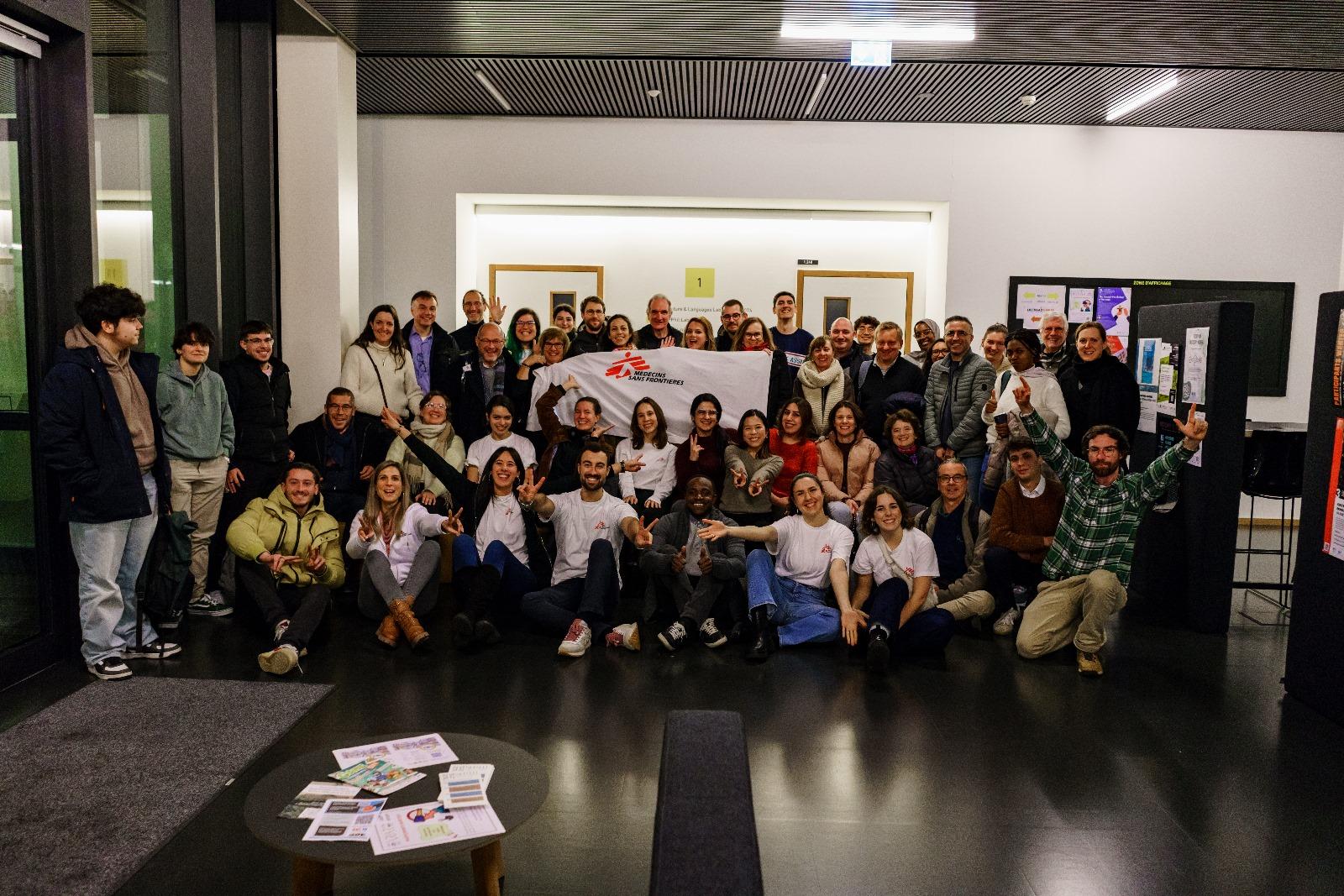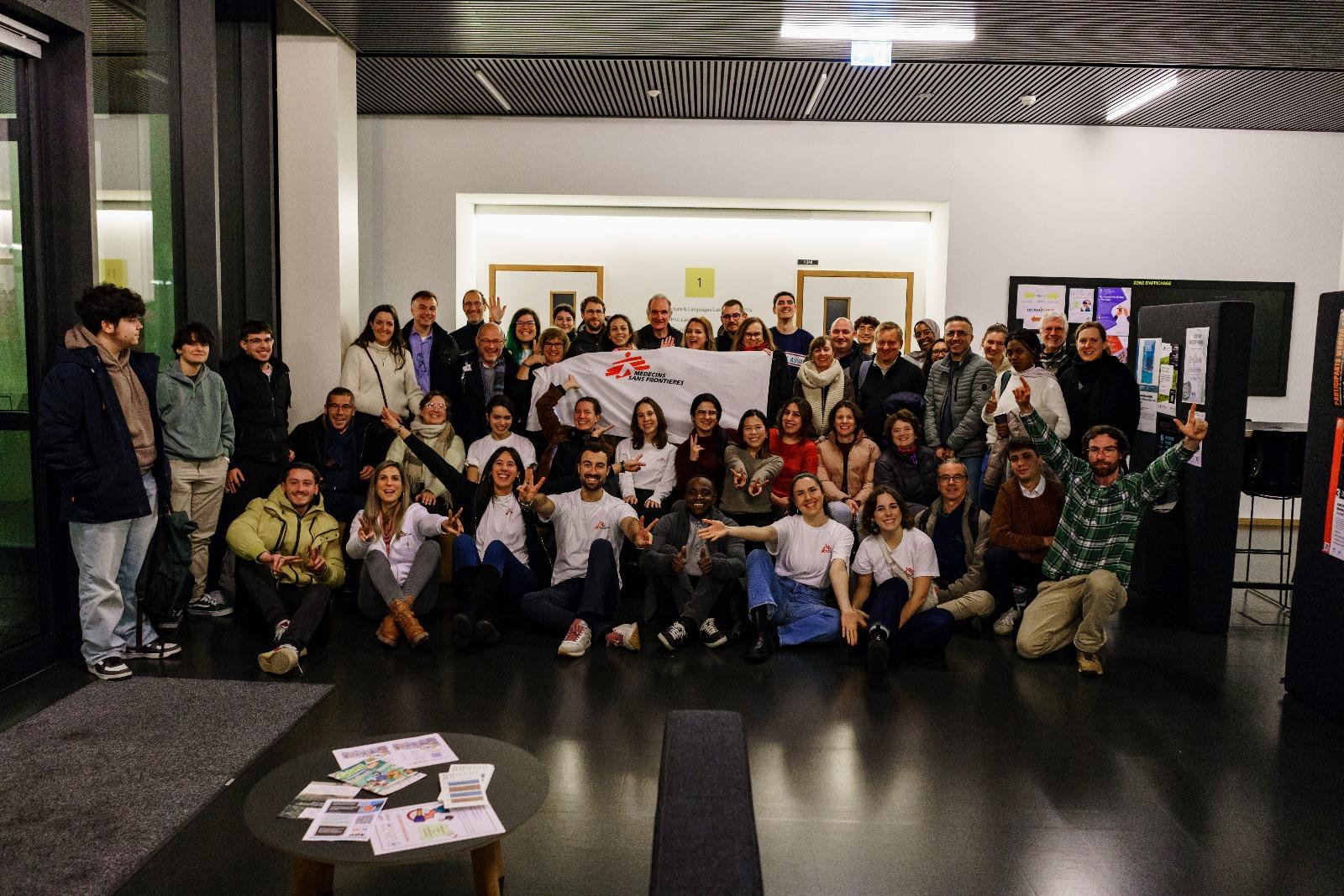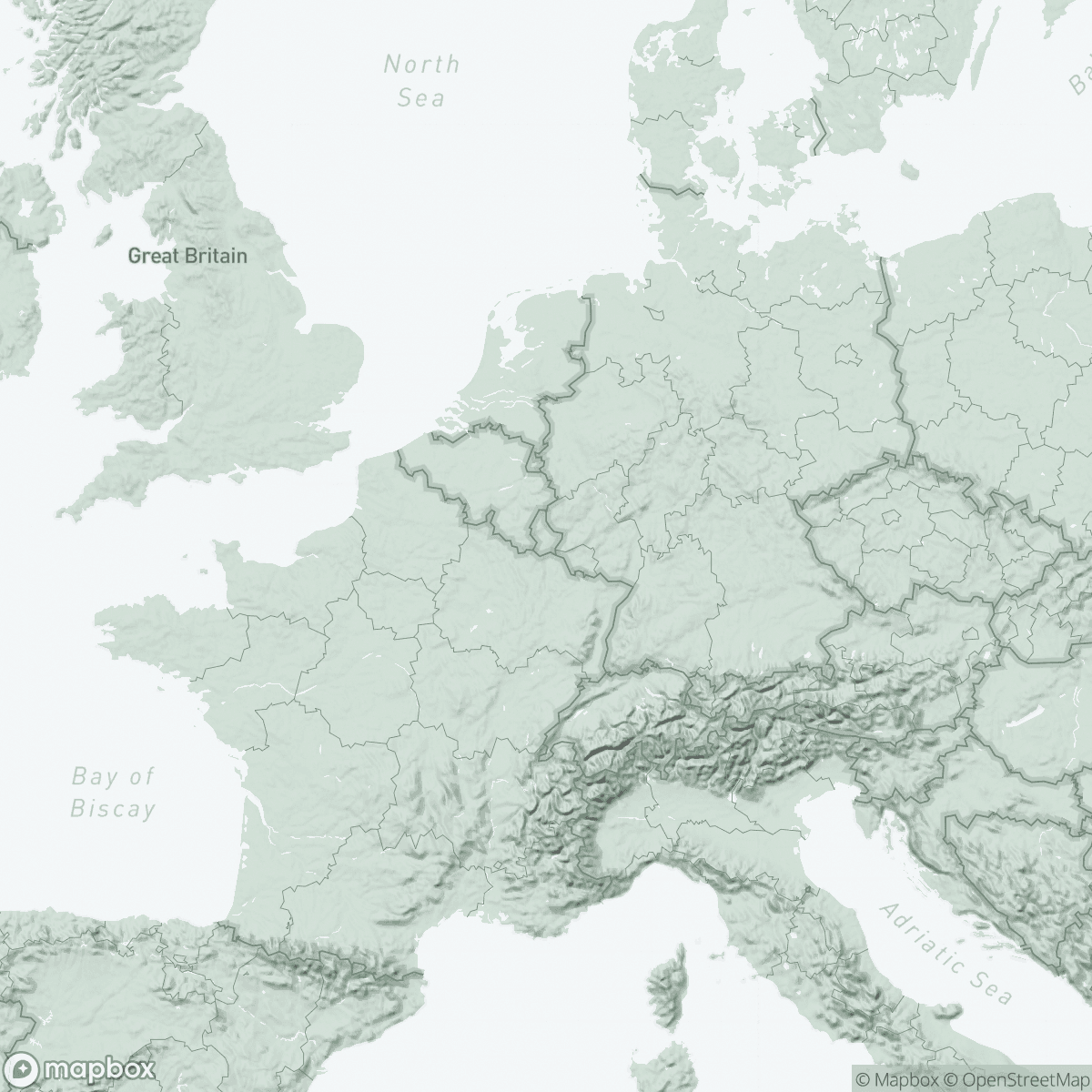
Mapathon on 21 of November: 11,934 buildings mapped by our participants
In 1 click, help us spread this information :
Remote action to support teams on the field in Nigeria

In recent years, armed conflicts, extreme weather events, and the deterioration of economic conditions have plunged the northern regions of Nigeria into a profound humanitarian crisis. Millions of people live there in great vulnerability, facing alarming rates of malnutrition and outbreaks of preventable diseases.
Violence has forced over 3.3 million people to flee their homes, depriving them of access to healthcare due to the closure of medical facilities and the challenges associated with displacement, both financial and security-related. Among the health emergencies these populations face, noma, a devastating bacterial infection, particularly affects children and vulnerable families. This disease attacks the tissues and bones of the face, and without prompt treatment, it can be fatal: 90% of those affected by noma die within the first two weeks if they do not receive treatment.
Noma is preventable and treatable when detected early, thanks to proper hygiene, adequate nutrition, and access to care. However, the lack of awareness and the isolation of rural areas greatly complicate the treatment of noma. Education and improved access to care are therefore essential to effectively combat this disease. In this regard, MSF supports the Noma Hospital in Sokoto by providing vital medical care and raising awareness in local communities about prevention and treatment measures.
International mobilisation
As part of Geoweek, the geography awareness week organized by OpenStreetMap from November 18 to 22, we had the opportunity to contribute to mapping the Sokoto State in Nigeria. On November 21, during our mapathon supported by the University of Luxembourg and in collaboration with MSF WaCA, the operational center based in West Africa, 77 participants came together to support the MSF teams on the field. Whether in Luxembourg or remotely from India, Cameroon, Niger, Ivory Coast, Nigeria, Chad, Mali, and many other countries, this international mobilization allowed us to accomplish valuable work.
Maps have become an integral part of MSF's operations. On a recent visit to Nigeria, we used maps to visualise health needs geospatially. Maps help us to think about where best to place our resources to meet these needs and allow us to adapt our interventions when needs change. Maps can show us where the greatest needs are, along with key contextual information relating to terrain, roads and the location of communities. This information tells us how MSF can provide accessible medical care.
This information allows MSF to set up accessible medical care, which is particularly important during epidemics where we often have to work quickly to control and prevent the spread of disease.
Sylvia LIM - conseillère en recherche opérationnelle luxOR

The MSF Luxembourg and WaCA teams supported the mapathon participants, explaining the impact of mapping on humanitarian missions. Ibrahim Oladiti, Geographic Information Systems (GIS) Manager for MSF WaCA, shared his experience on the importance of mapping to coordinate interventions, especially in hard-to-reach areas. The maps created help target areas needing urgent assistance, optimize resources, and improve the effectiveness of care. Thus, each participant, by mapping infrastructures, contributes to saving lives by facilitating access to care. In total, 11,948 buildings were mapped in Sokoto State, where MSF mainly intervenes for patients suffering from malnutrition or noma.
A big congratulations to everyone for this wonderful show of solidarity and valuable support to the MSF teams, who work on the ground to improve the lives of people in need!
As geography teachers, particularly in cartography, it is important for us to involve students in very concrete applications and to allow them to think about how the more complex analysis tools and their geographical expertise in general combine with simpler tools that allow direct involvement of citizens and cooperation with NGOs’. In addition to collaborating with MSF Luxembourg, meeting researchers, students and other citizens in a different setting and the conviviality of a mapathon evening is a real pleasure.
Geoffrey CARUSO - Professor of Urban Analysis and Modelling at the University of Luxembourg

